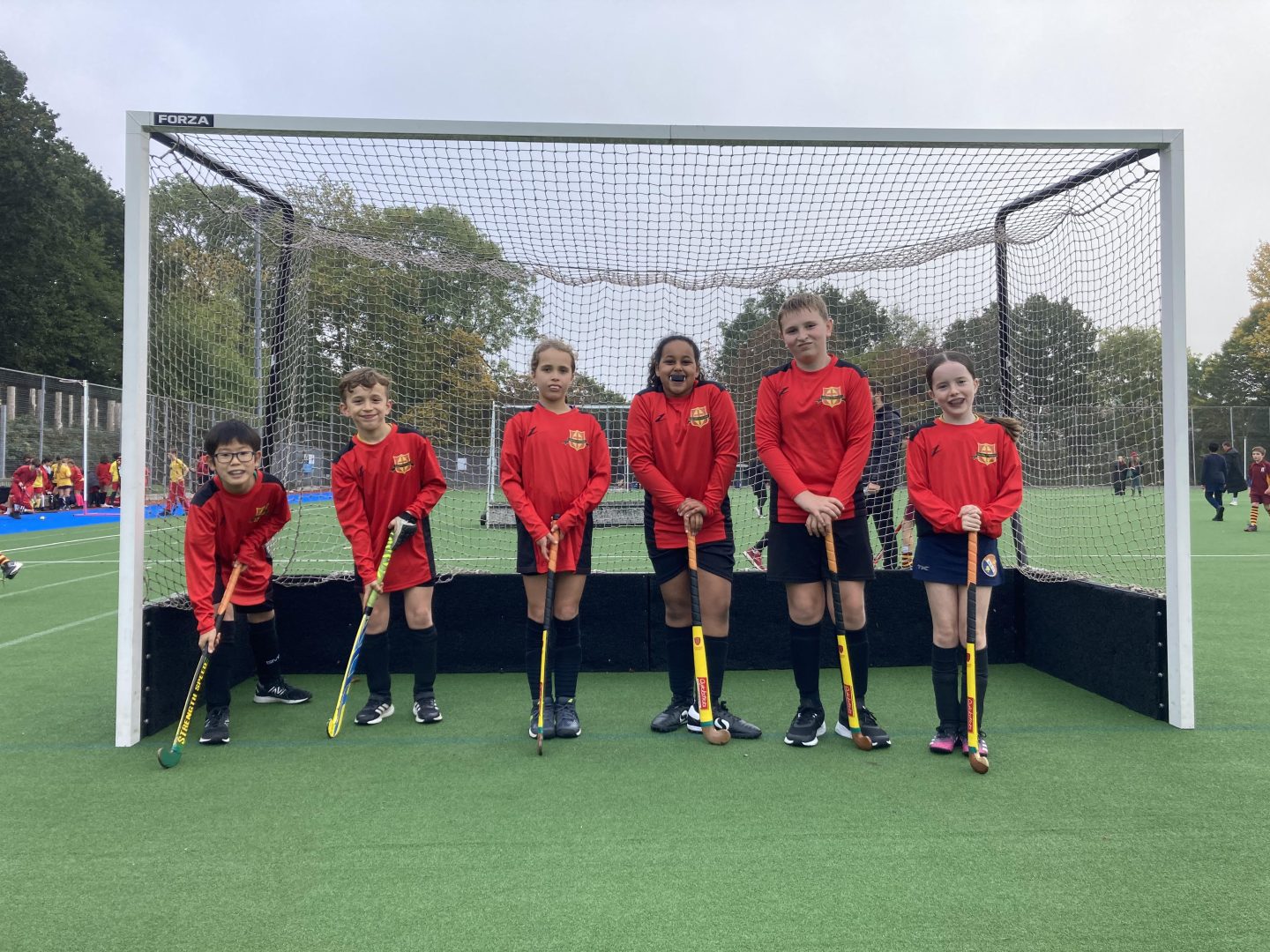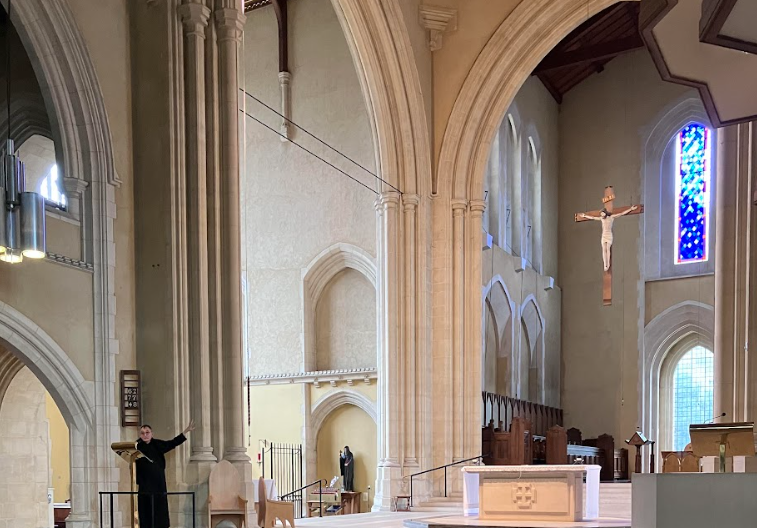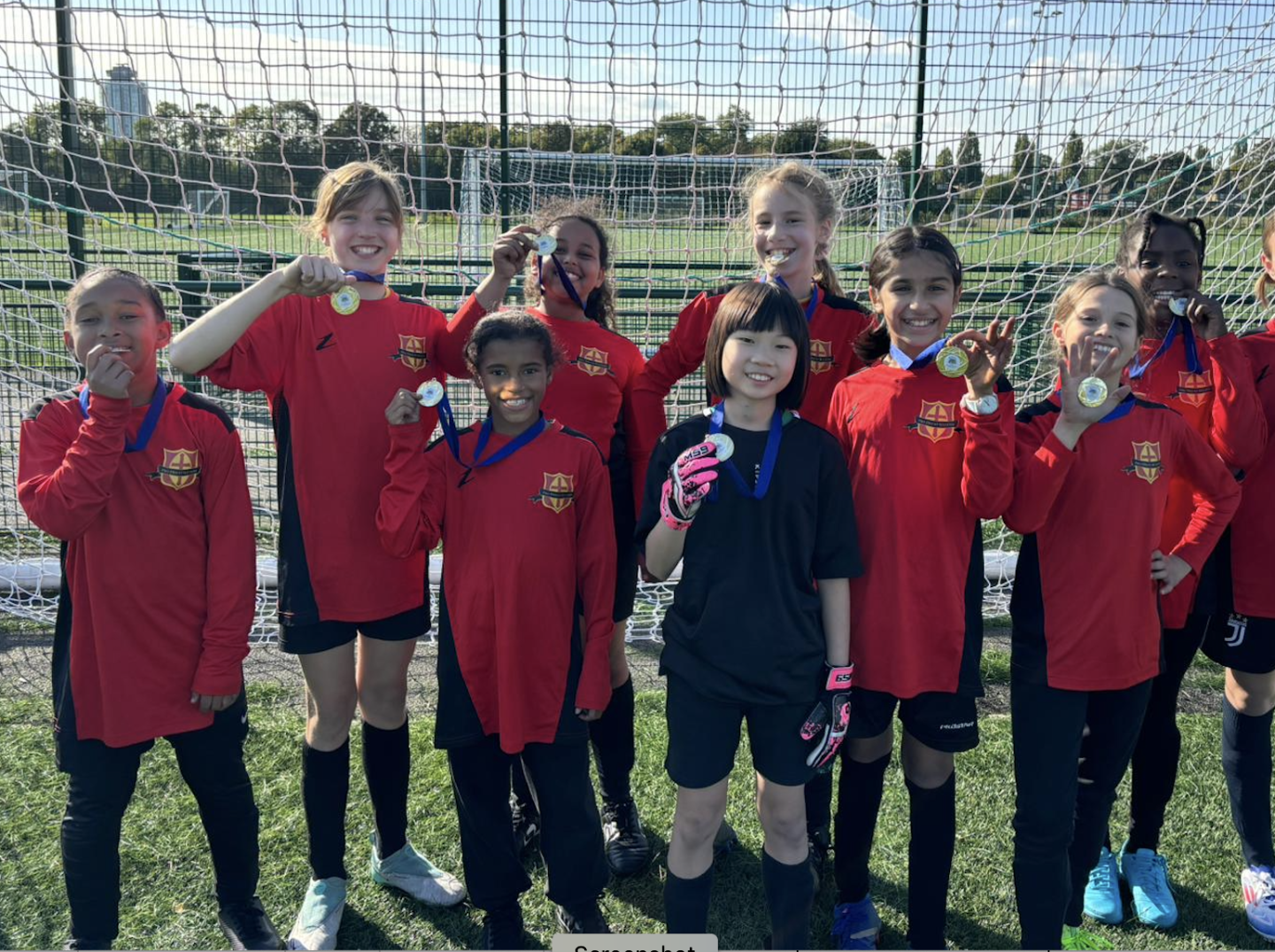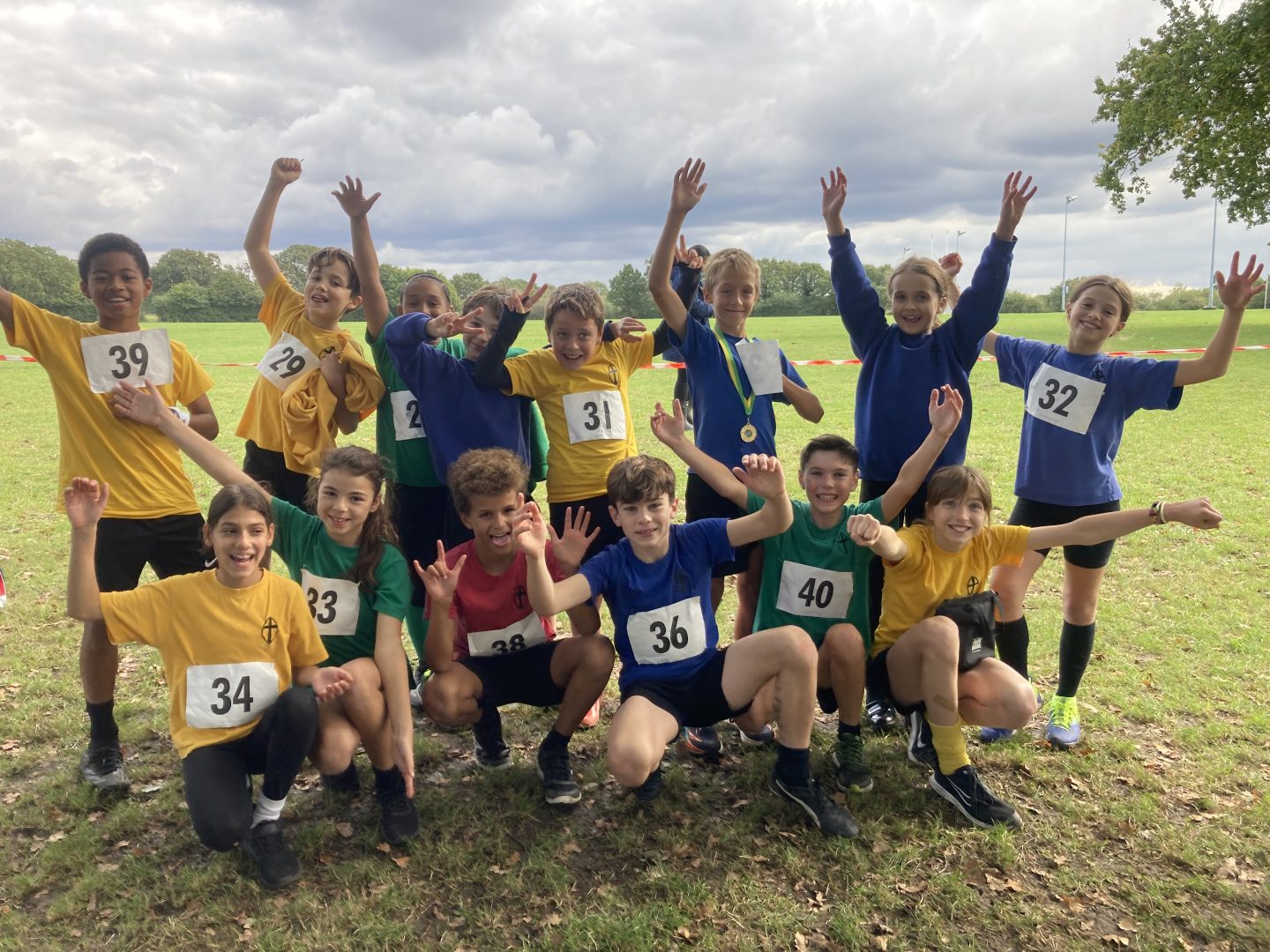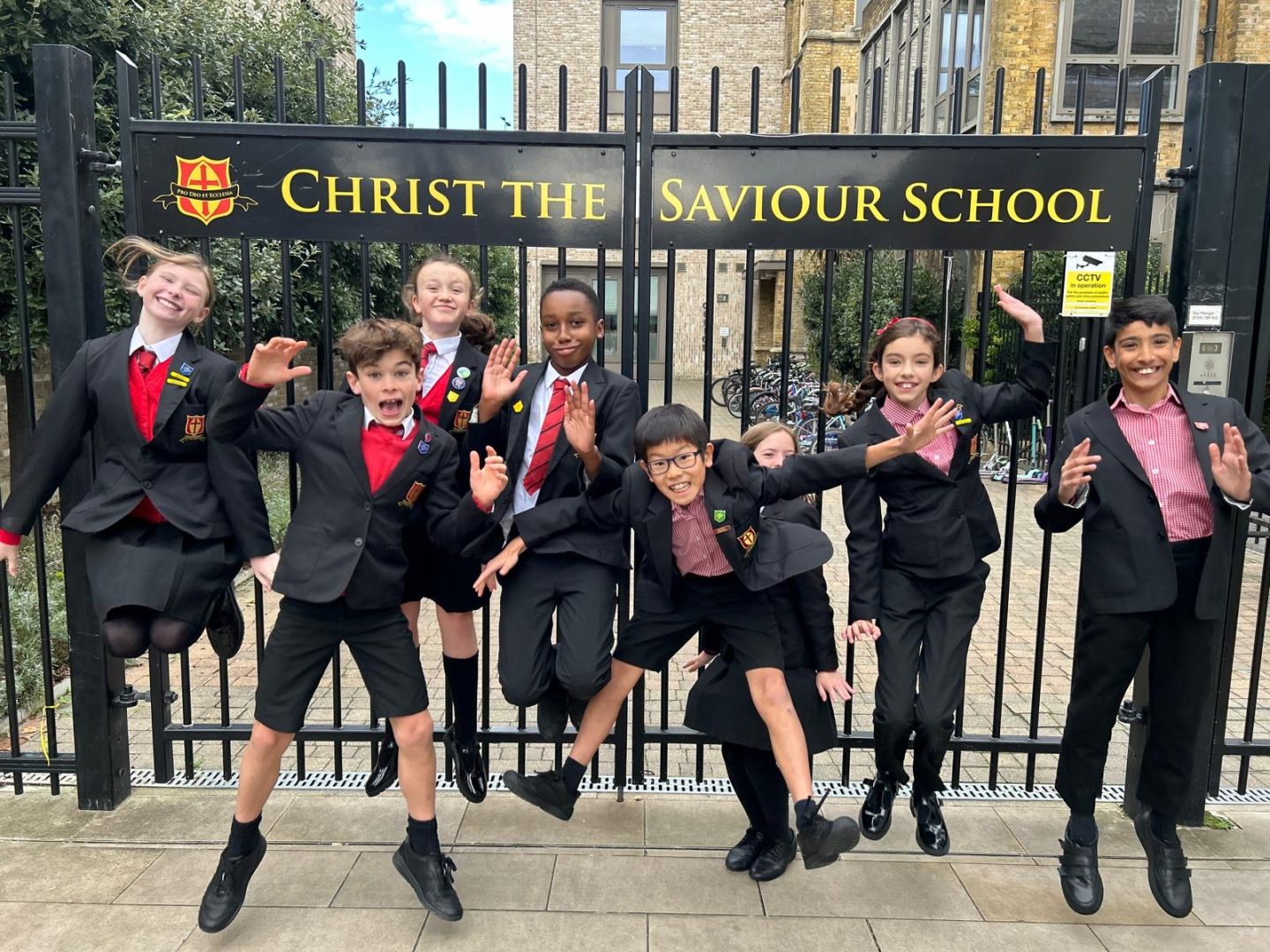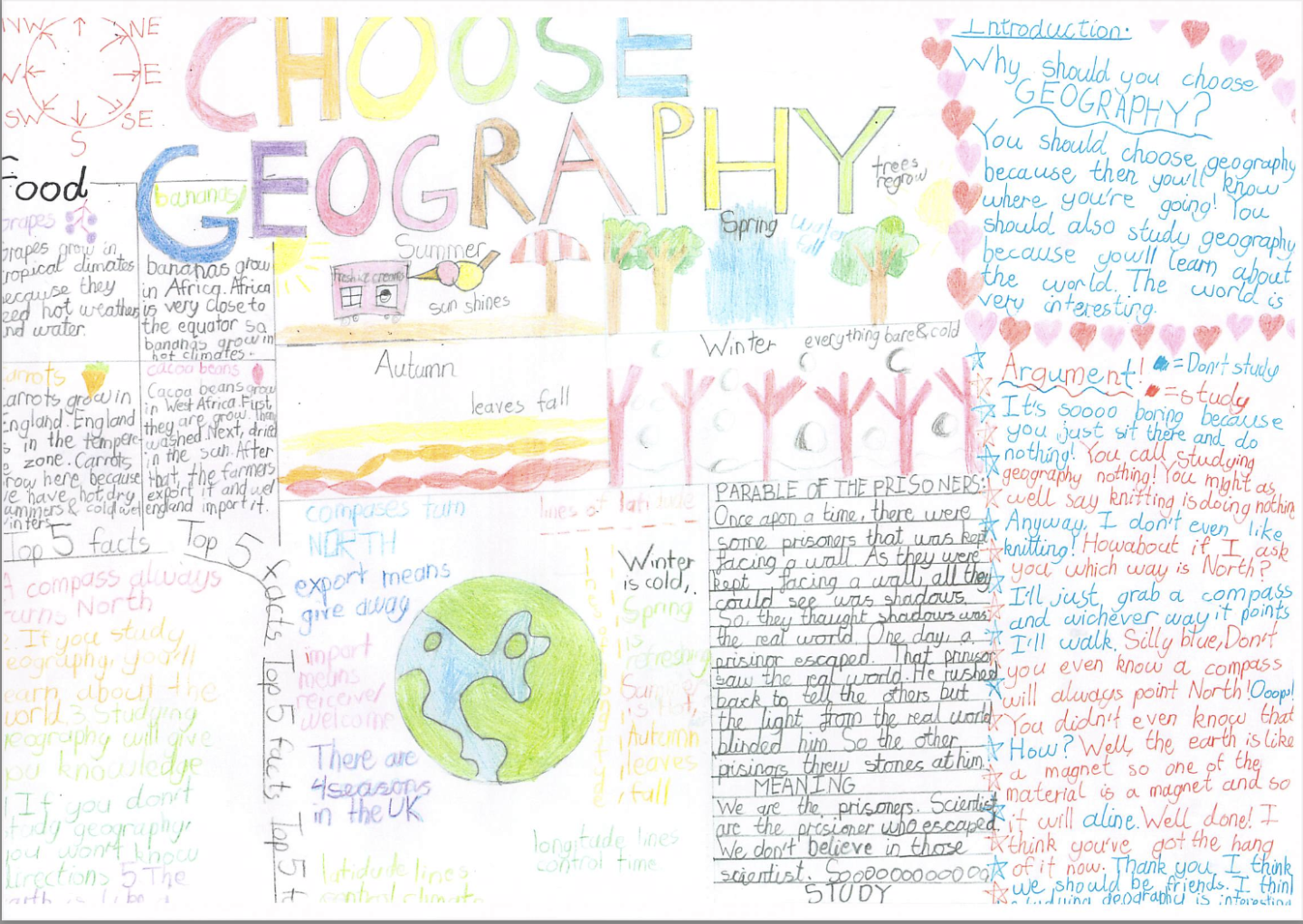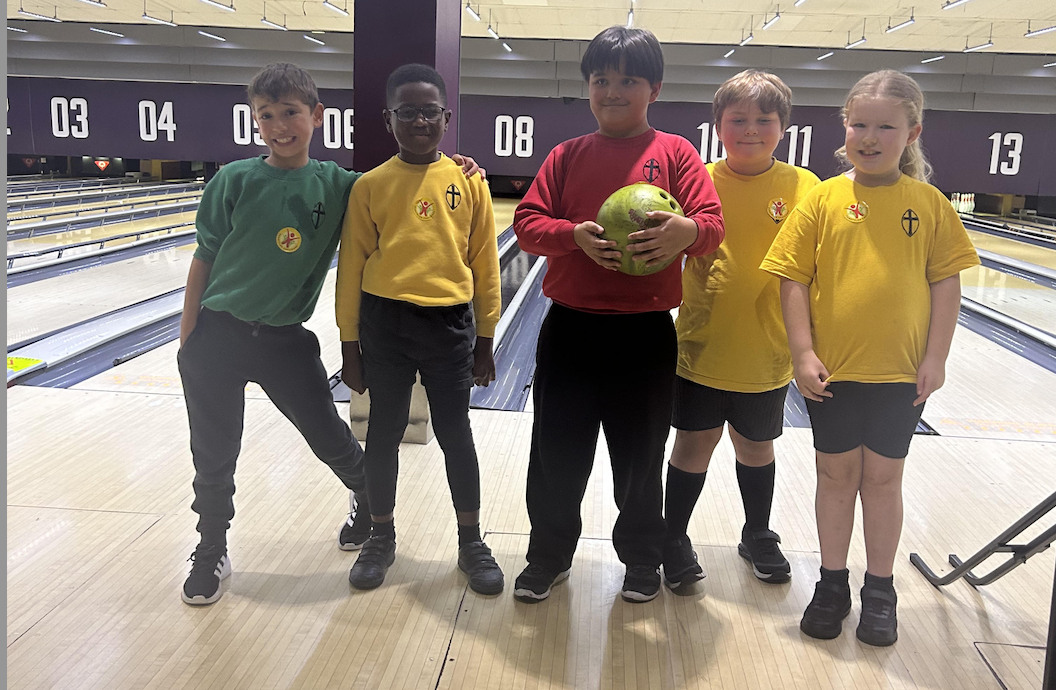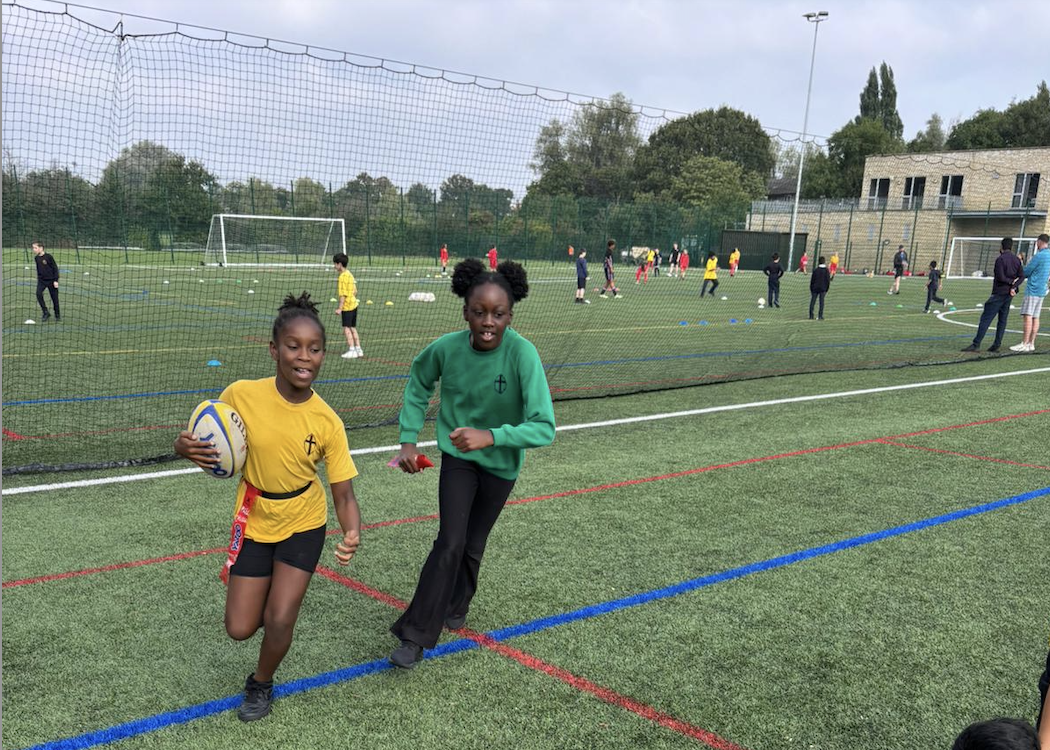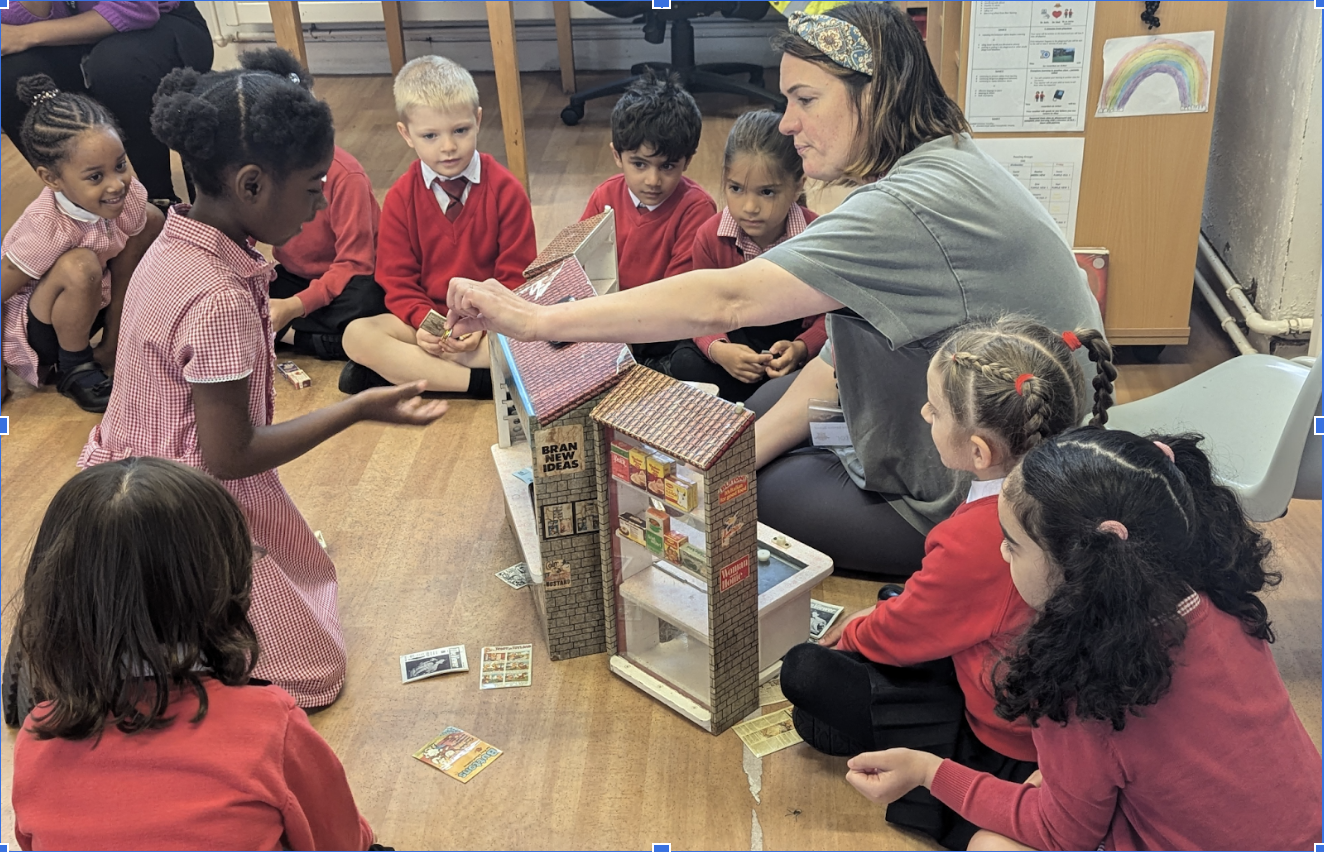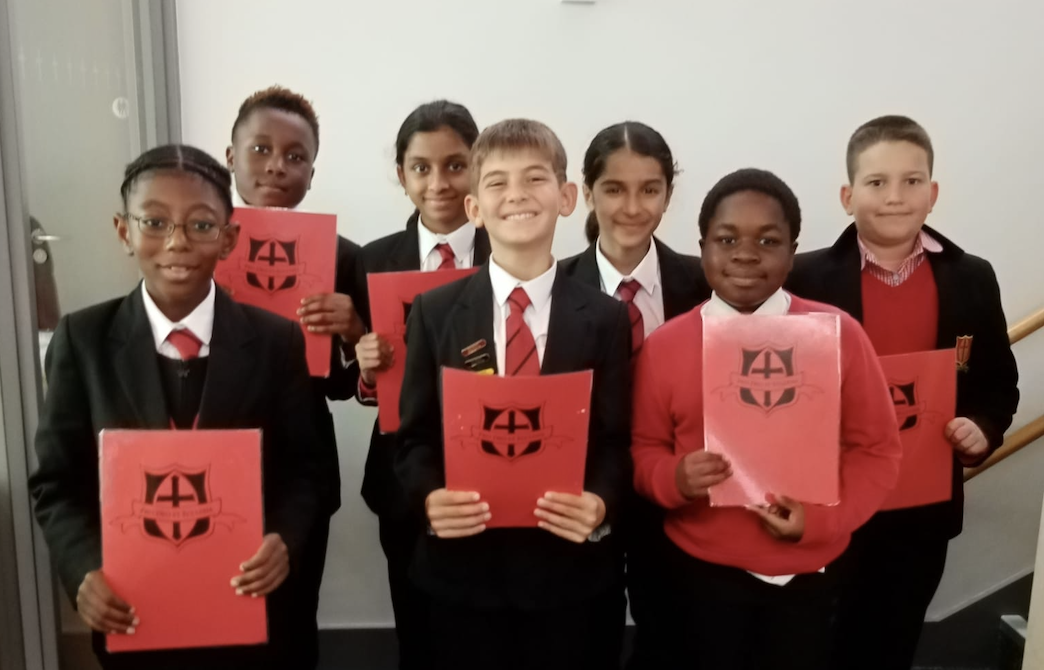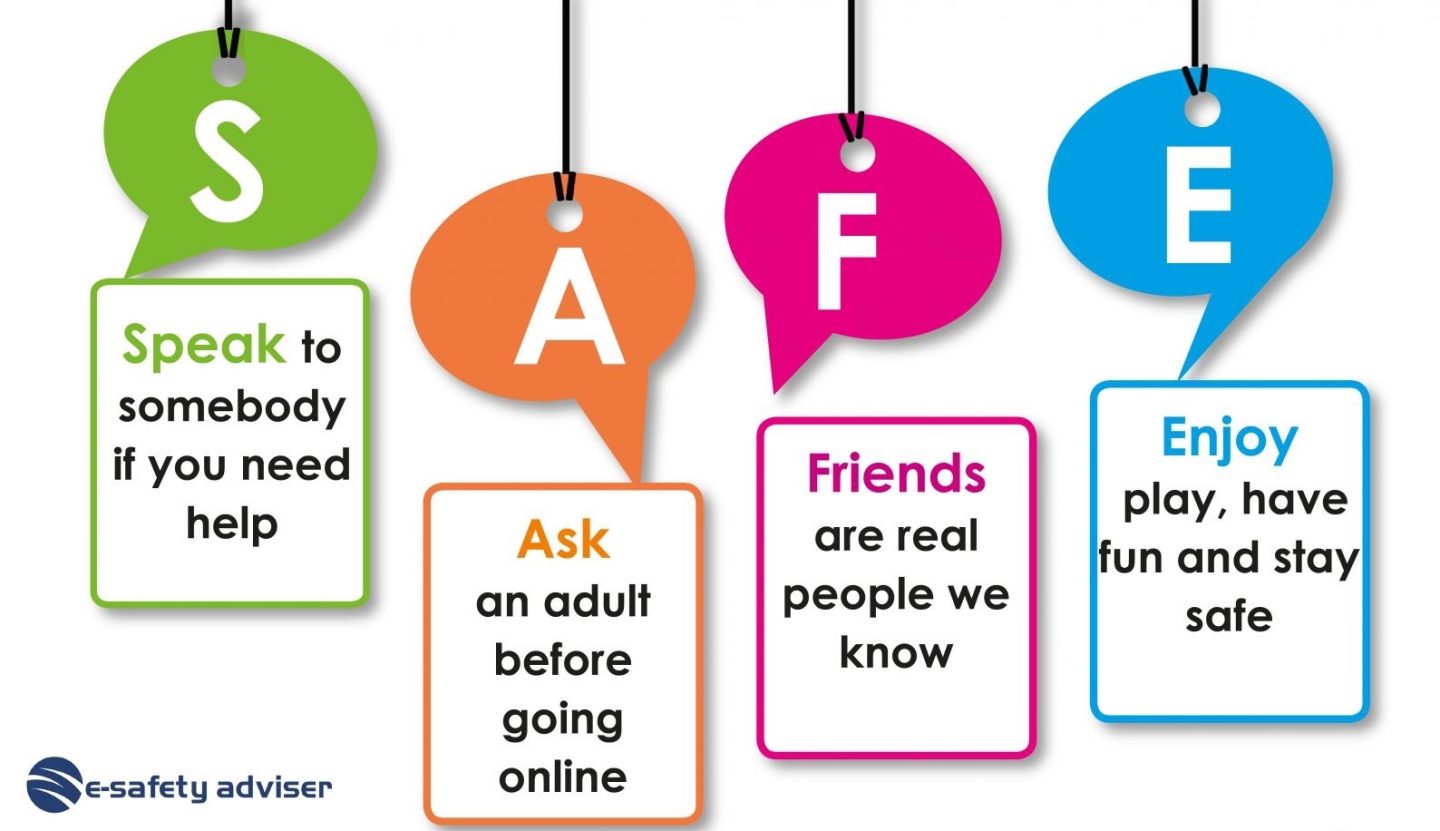EYFS Implementation
In the EYFS, religious stories and learning are delivered through play based learning. Pupils learn key stories such as ‘Creation’ and explore the key festivals of Christmas and Easter. Pupils express religious stories, as well as their own ideas, thoughts and feelings about religious stories through design and technology, art, music, dance and role-play. Pupils listen, talk about and role-play similarities and differences between themselves and others. They talk about past and present events in their own lives and in the lives of family members, this allows them to begin to explore what it means to be part of a wider local and global family.
KS1 Implementation
At KS1, pupils learn to recognise a growing range of religious stories and to retell them through drama and story writing. Pupils begin to recognise that people act in a particular way because of their beliefs; this is supported through the introduction of looking at other faiths, such as Judaism. Talk in the classroom is actively encouraged to help pupils develop their use and understanding of religious vocabulary and phrases. Pupils are encouraged to discuss and question what they wonder about and recognise that some questions are difficult to answer. RE is a wonderful opportunity for pupils to talk about their own feelings, experiences and the things that matter to them.
KS2 Implementation
At KS2, pupils engage in enquiry based learning to continue to deepen their knowledge and understanding of biblical stories and scripture. Pupils explore with increasing detail and accuracy, a range of religious beliefs and those actions of believers which arise as a consequence of their beliefs. The study of other religions, such as Judaism and Islam enables pupils to make links and connections between beliefs and sources and between their own and others’ religious beliefs and behaviour. The focusing of RE topics around ‘Big Questions’ challenges pupils to reflect on the deeper questions of meaning and significance. Classroom discussion and debates enable our pupils to become religiously literate, equipping them to hold a balanced and well-informed conversation about religion and world views and enabling them to reflect, respond and express their own religious, spiritual and philosophical ideas.
Our teaching of religious education is enriched with visits to places of religious significance, both locally and further afield, including our own Christ the Saviour church and the Ealing synagogue; as well as visits to the London Central Mosque in KS2. Opportunities, such as religious speakers coming into school, allow pupils to ask and explore faith first hand. In addition, collective worship allows opportunities for pupils to draw links between religious education and Christianity and how it can deeply enrich our lives.

